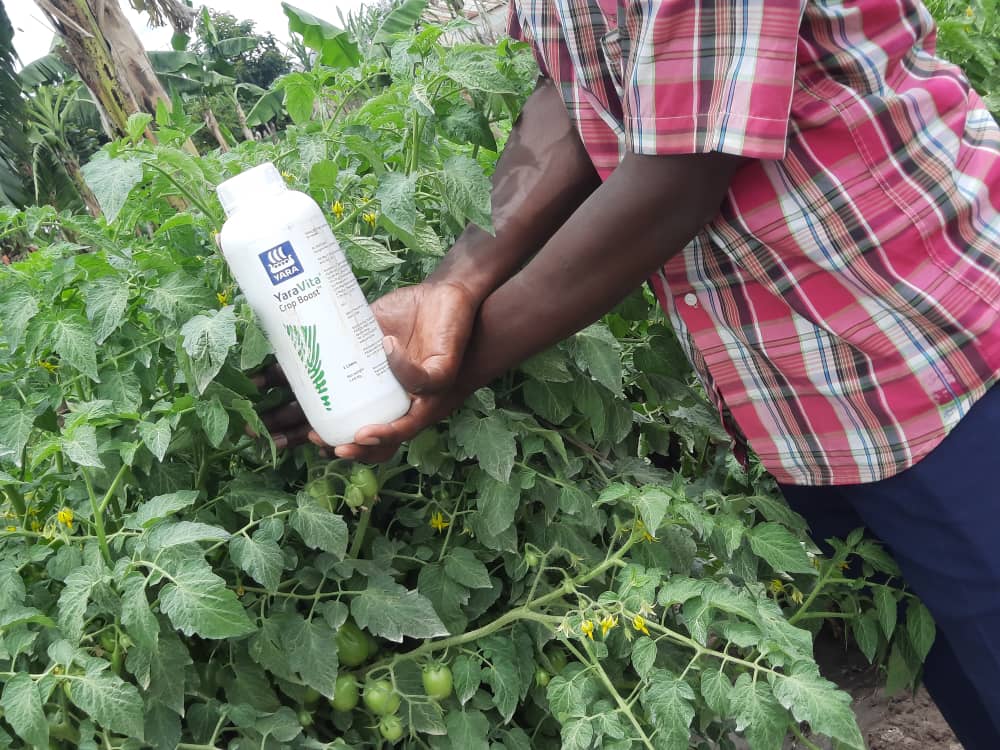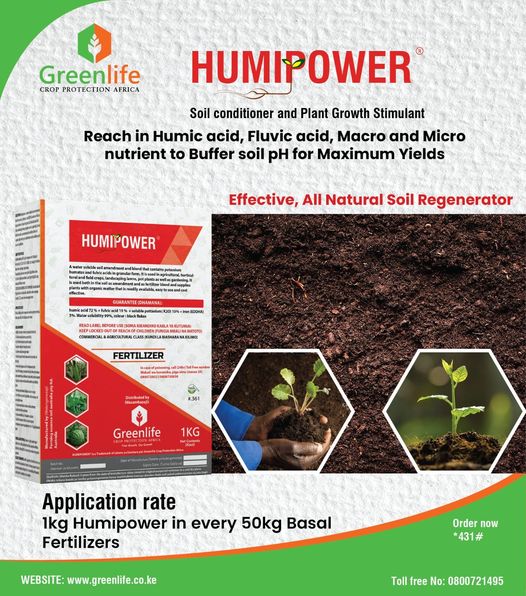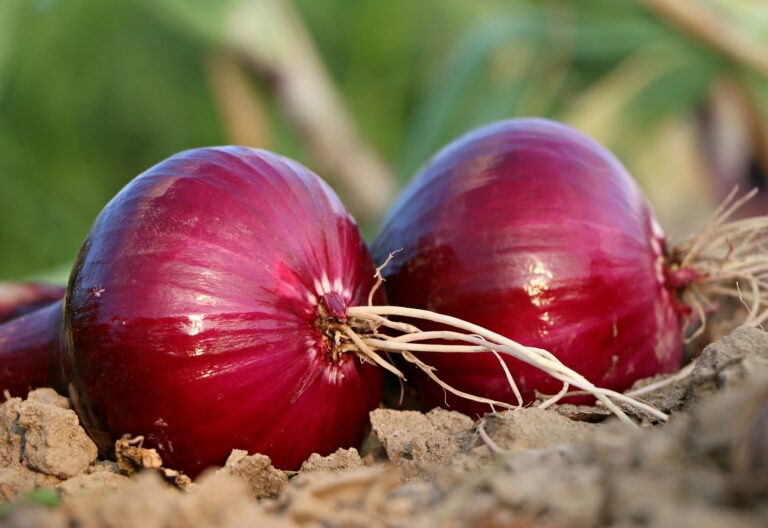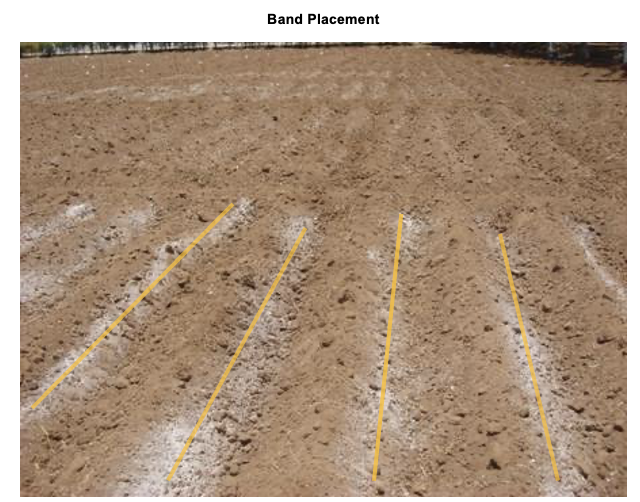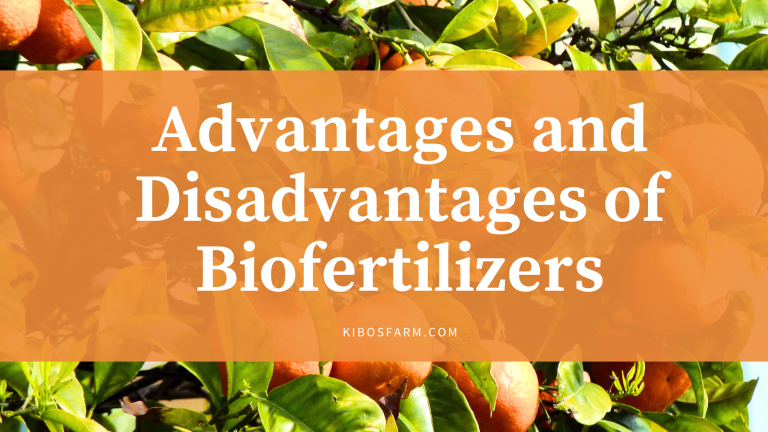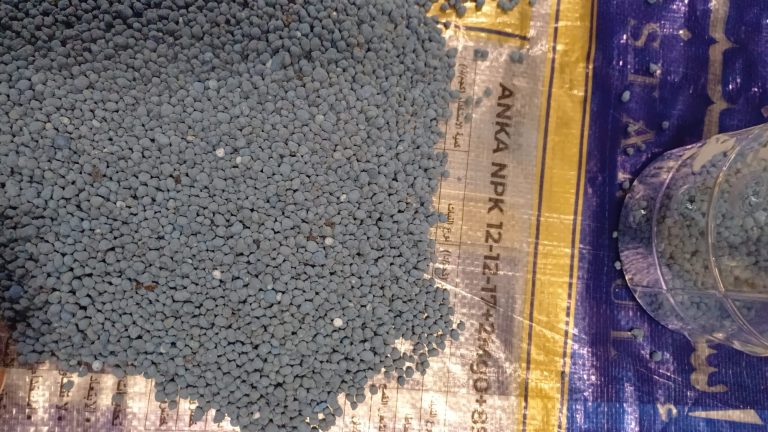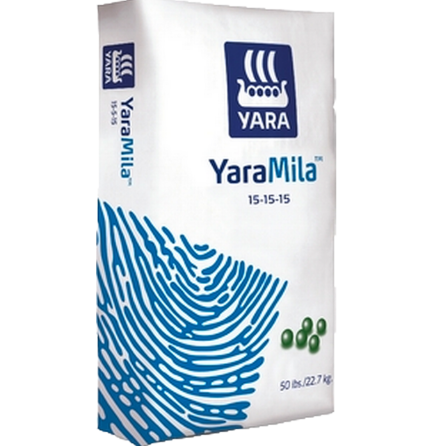Why Use Phosphorus and Potassium Foliar Fertilizer?
Phosphorus and potassium foliar fertilizers enhance nutrient uptake efficiency, improve crop yield and quality, and increase plant resistance to environmental stresses, making them crucial for modern agricultural practices.
Phosphorus and potassium are two essential nutrients that play a pivotal role in plant health and productivity. These nutrients are often applied as foliar fertilizers, a method that involves spraying nutrients directly onto plant leaves.
This approach can provide several significant benefits, from enhancing nutrient uptake to improving overall plant resilience.
In this article, we will delve into the reasons why using phosphorus and potassium foliar fertilizer is beneficial, highlighting its impact on plant growth, crop yield, and resistance to environmental stresses.
Functions of Phosphorus and Potassium in Plant Nutrition
Phosphorus and potassium are critical macronutrients necessary for various physiological processes in plants. Phosphorus is essential for energy transfer, photosynthesis, and nutrient movement within the plant. It plays a key role in the formation of DNA, RNA, and ATP, which are vital for cell division and development.
Potassium, on the other hand, regulates several critical functions such as water uptake, enzyme activation, and the synthesis of proteins and starches. It enhances the plant’s ability to resist diseases and stresses, thereby ensuring robust growth and higher yields.
The importance of these nutrients cannot be overstated, and their availability can significantly influence the success of a crop.

Enhanced Nutrient Uptake Efficiency
One of the primary reasons for using phosphorus and potassium foliar fertilizer is the enhanced efficiency of nutrient uptake. When these nutrients are applied directly to the leaves, they are absorbed more rapidly and efficiently compared to soil application.
This is particularly beneficial in soils where nutrient availability is limited due to factors like pH imbalance, soil compaction, or high levels of other elements that inhibit nutrient uptake.
Immediate Nutrient Supply
Foliar application provides an immediate supply of essential nutrients directly to the plant’s metabolic processes. This is crucial during critical growth stages such as flowering and fruiting when the demand for phosphorus and potassium is high.
By bypassing the soil, foliar fertilizers can quickly correct nutrient deficiencies, leading to improved plant vigor and productivity.
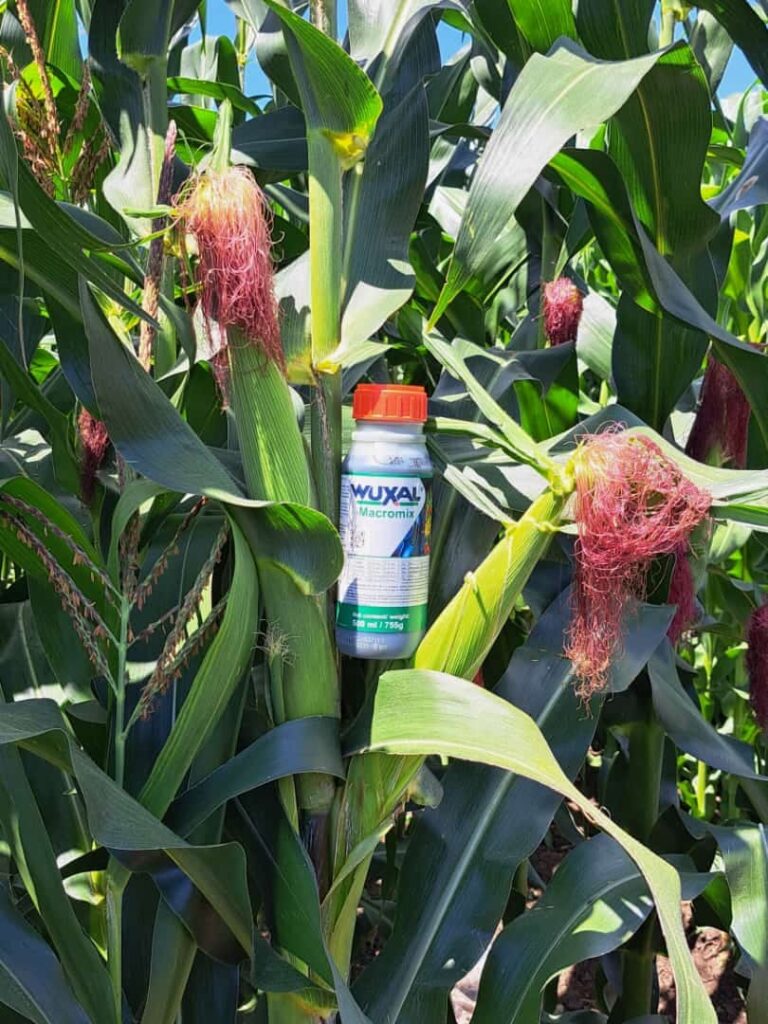
Improved Crop Yield and Quality
Applying phosphorus and potassium foliar fertilizers can lead to substantial improvements in crop yield and quality. Phosphorus is vital for root development and flowering, which directly influences the number and size of fruits and seeds.
Potassium enhances the synthesis of proteins and starches, improving the quality of fruits and grains. Together, these nutrients ensure that plants grow stronger and produce higher-quality yields.
Boosting Flowering and Fruit Development
Phosphorus is particularly important during the reproductive stages of plant growth. It promotes the development of flowers, fruits, and seeds by providing the energy required for these processes. Potassium, by improving water regulation and enzyme activity, supports the overall health and function of the plant, ensuring that the flowers and fruits develop fully and healthily.
Increased Resistance to Diseases and Pests
Plants that receive adequate phosphorus and potassium through foliar feeding are generally more resilient against diseases and pests.
Potassium strengthens cell walls, making it more difficult for pathogens to invade. Phosphorus supports overall plant health and vitality, reducing the likelihood of disease outbreaks.
Strengthening Plant Defenses
By enhancing the structural integrity of plant cells and improving metabolic functions, phosphorus and potassium foliar fertilizers help plants to better withstand biotic and abiotic stresses. This not only reduces the need for chemical pesticides but also promotes sustainable agricultural practices.
Enhanced Photosynthesis and Energy Transfer
Phosphorus plays a critical role in the photosynthesis process, the mechanism by which plants convert light energy into chemical energy. Adequate phosphorus levels ensure efficient energy transfer within the plant, supporting all metabolic activities.
Potassium, meanwhile, regulates the opening and closing of stomata, the pores on leaves through which gases are exchanged, thus directly impacting photosynthesis efficiency.
Maximizing Photosynthetic Efficiency
When phosphorus and potassium are supplied through foliar feeding, they immediately impact the photosynthetic capacity of the plant. This leads to better growth rates and increased biomass production, contributing to healthier and more productive plants.
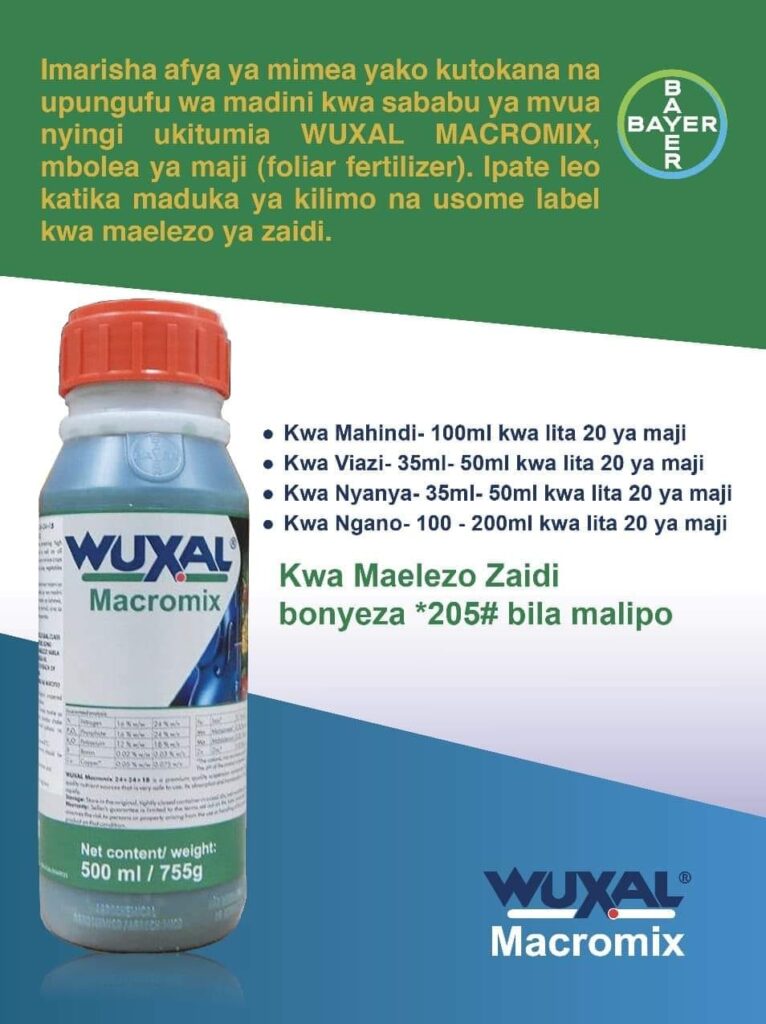
Correcting Nutrient Deficiencies Quickly
Foliar fertilization is an effective method for rapidly correcting nutrient deficiencies. Soil applications can sometimes be slow or ineffective due to various soil-related issues. Foliar application bypasses these issues, delivering nutrients directly where they are needed most.
Rapid Response to Nutrient Deficiencies
In instances where plants exhibit signs of phosphorus or potassium deficiency, foliar feeding can provide a quick remedy. Symptoms such as stunted growth, poor flowering, and weak root systems can be promptly addressed, restoring plant health and preventing further damage.
Supporting Sustainable Agricultural Practices
Using phosphorus and potassium foliar fertilizers can support more sustainable agricultural practices. By targeting nutrient applications directly to the plant, there is less risk of nutrient runoff into waterways, which can cause environmental damage.
This method also allows for the use of smaller quantities of fertilizer, reducing overall input costs and minimizing environmental impact.
Reducing Environmental Impact
Foliar feeding helps to minimize the environmental footprint of agricultural activities. By ensuring that nutrients are utilized efficiently and reducing the need for excessive soil fertilization, this approach promotes a more sustainable and eco-friendly farming system.
FAQs
What is foliar fertilization?
Foliar fertilization involves spraying nutrients directly onto plant leaves, allowing for quick absorption and immediate benefits to the plant’s metabolic processes.
How do phosphorus and potassium benefit plant growth?
Phosphorus is crucial for energy transfer, photosynthesis, and root development, while potassium regulates water uptake, enzyme activation, and resistance to diseases and stresses.
Can foliar fertilizers replace soil fertilizers? Foliar fertilizers are not a complete replacement but are an excellent supplement, especially for correcting deficiencies and providing immediate nutrient supply during critical growth stages.
When should I apply phosphorus and potassium foliar fertilizers? Foliar fertilizers should be applied during critical growth stages such as flowering, fruiting, and when deficiencies are observed to ensure optimal nutrient uptake and plant health.
Are there any risks associated with foliar fertilization?
When used appropriately, foliar fertilization poses minimal risks. However, over-application or improper timing can lead to leaf burn or reduced efficacy.
Can foliar fertilization help with poor soil conditions?
Yes, foliar fertilization can bypass poor soil conditions, delivering nutrients directly to the plant and ensuring adequate nutrient supply even in less-than-ideal soil environments.
Conclusion
Phosphorus and potassium foliar fertilizers offer a myriad of benefits for plant health, crop yield, and sustainability. By enhancing nutrient uptake efficiency, improving crop quality, and boosting plant resistance to stresses, these fertilizers play a crucial role in modern agriculture.
Adopting foliar fertilization as a part of your nutrient management strategy can lead to healthier plants, higher yields, and a more sustainable farming practice. Embrace this effective method and witness the transformative impact on your crops.
